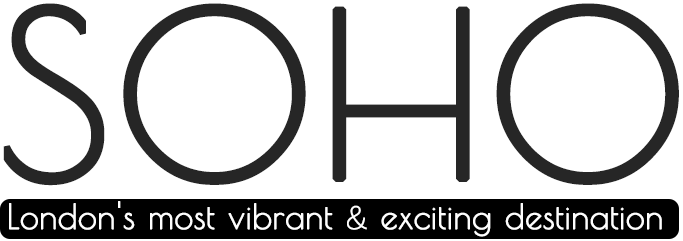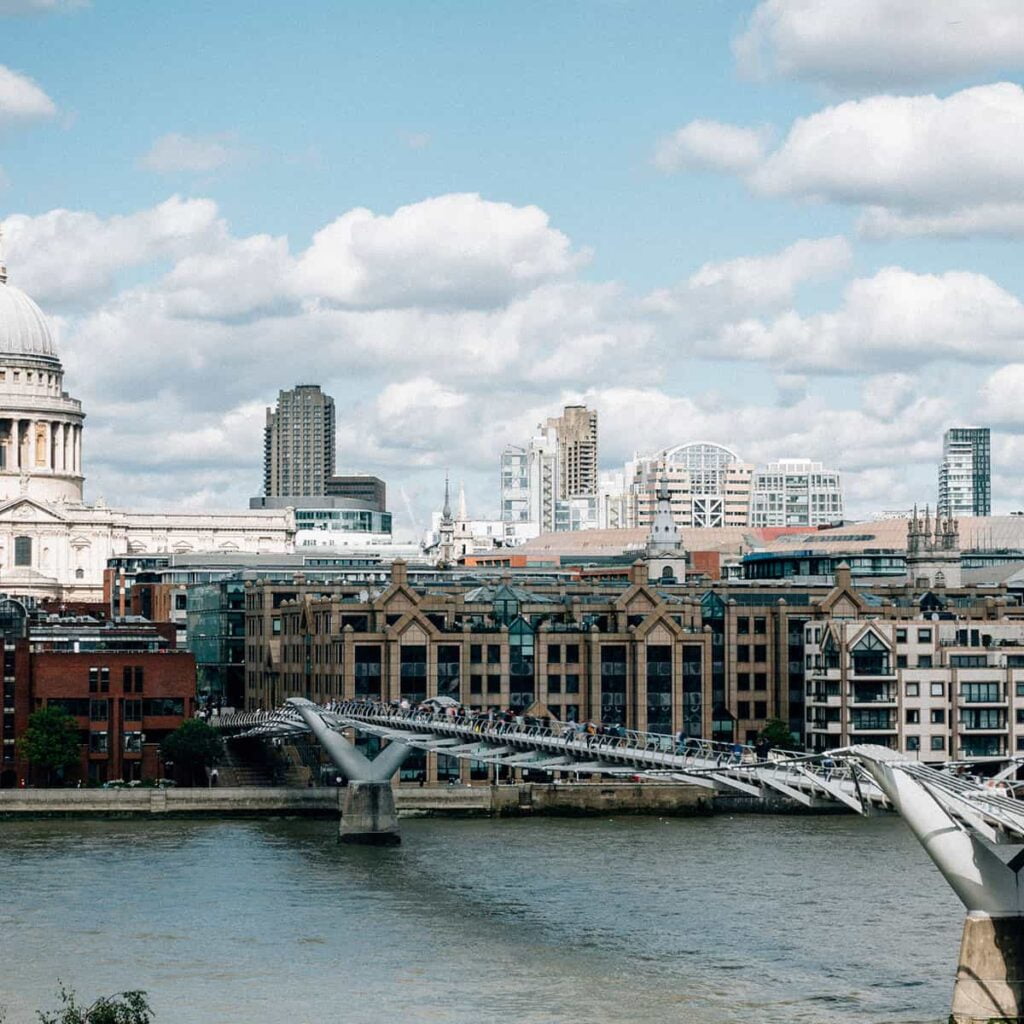The UK’s online gambling industry is facing a new challenge as Liberal Democrats propose that the Remote Gaming Duty rise from 21% to 50%, more than doubling the already hefty taxes placed on local operators. Some question the move as the remote gambling industry generated £6.9 billion in 2024, with £4.4 billion coming from online casinos alone. Doubling the tax rate for online operators could have catastrophic consequences.
The proposal was announced at the party’s annual conference in Bournemouth earlier this month and has already ignited heated debates across North West England. Manchester, Liverpool, and the broader Merseyside region are home to thousands of online operators and customers, with local businesses and players wondering how the hike could affect them.
An Industry Already Under Threat
The UK’s online gambling industry has already faced numerous challenges, with one being how locals prefer using offshore sites to bypass restrictions. If you’re not familiar with non Gamstop sites, you’ll quickly see how they compete with local operators because they don’t limit how much time or money can be spent on the platform. Not only do players regain control over their online gambling, but they also gain access to a wider variety of card, table, crash, and other casino games because offshore operators aren’t being taxed to the hilt.
These sites are often licensed and regulated in Malta, Gibraltar, and Macau, with some paying as little as 5% local taxes versus UK-licensed platforms that pay 21% remote gambling duties. These operators have the profits to deliver top-quality gambling experiences because they don’t pay such high duties. Meanwhile, UK operators contribute more to the local economy and don’t have the resources available to produce the experiences that would compete with offshore platforms. It’s an unfair advantage that will now be worsened if the taxes are doubled.
The Proposal’s Origin
The proposal came at a time when gambling taxation was already under scrutiny from politicians. Former Prime Minister Gordon Brown has supported the idea of higher duties, while the current Labour government prefers a unified tax structure that will allow casinos, online platforms, and sports betting to pay the same duties.
The Liberal Democrats have claimed since last year that doubling the remote gambling duty would push more money into the NHS and social care programs, with some estimates showing that it could add £575 to £900 million per year, depending on how much online gambling reduces because of the doubled rate. They claim that higher taxes aren’t simply about revenue, it’s also about supporting various NHS and social care programmes.

How Tax Hikes Impact the Economy
Southport has long had a close relationship with online and traditional gambling, from local betting shops to seaside arcades. Online sites dominate the industry now, but the revenues still support call centres, marketing businesses, and tech workers connected to the industry.
Operators cutting costs in response to higher duties will see a lot of smaller companies fold. Analysts warn that the increased gambling taxes could actually generate less revenue than expected and disrupt the economy of all businesses related to the sector, claiming that stricter regulation may be a better answer than higher duties. Job losses, reduced investments, and innovative delays may become notable issues.
Dutch Lessons
Tax hikes have delivered mixed results in different countries. The Netherlands initiated the first stage of a tax hike that saw operators pay 34.2% compared to the previous 30.5%. Just months later, the country saw a €200 million revenue shortfall. Tax revenues fell as the plan backfired, with fewer players supporting licensed sites in the Netherlands. Dutch regulator Kansspelautoriteit has reported that offshore sites surged after the hike. The UK faces a similar risk of the hike backfiring.
What to Expect
The proposal has not yet been made law as it needs to be properly debated in parliament. The Labour government makes sure that the Liberal Democrats’ many promises in the manifesto are just intentional markers for change, not actually immediate policy. Still, there has been a lot of momentum behind the idea of pushing gambling taxes. Local players won’t see much change for now, but the debate indicates that the local gambling market, which was stable for many years, now has a lot of uncertainty.
Conclusion
The idea of more than doubling the UK remote gambling duty places more pressure on the industry. It could impact operators, employees, and players if implemented, and there’s no guarantee it can strengthen public budgets. It may actually push players to offshore sites. Southport and the wider North West will keep watching closely as the debate unfolds.



